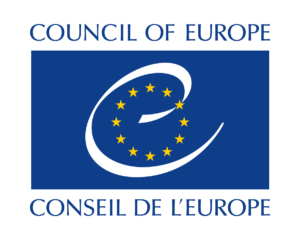European Qualifications Passport for Refugees (EQPR)
The refugees and asylum seekers who don’t have their diplomas can apply for the European Council to get a European Qualifications Passport for Refugees.
What is EQPR?
The EQPR allows attesting refugees’ qualifications. Still, it does not have the same value as a diploma, and it does not have the power to suppress any knowledge verification or qualification from the candidate. The European Qualifications Passport for Refugees establishes a reliable and accessible methodology to evaluate refugees’ qualifications, even when they are not easy to determine and well documented.
It is a device of the European Council, supported in France by the Diair, Délégation interministérielle à l’accueil et à l’intégration des réfugiés / Interministerial delegation for welcome and integration of refugees, among others, and by the Center for the recognition of qualifications France Education International, a State organization.
A useful device for your career
It is possible that you don’t have the documents to prove your qualifications because you could not take them with you before you traveled or because you lost them on the way. The EQPR is useful when these kinds of things happen.
The EQPR presents attested information by certified experts about refugees’ and asylum seekers` academic backgrounds, professional experience, and language level.
It is a device that helps the refugees go back to the University or start a degree in a higher education institution, get a job, and integrate into society.
The EQPR as a way of fighting Covid-19
In these times of sanitary crisis, the EQPR is useful to attest your health professions’ skills if you don`t possess other documents to prove it. Some refugees have the skills, knowledge, and experience to help to fight the pandemic. If you have the necessary skills, but you don`t know how to prove them, apply for the EQPR.
How can you apply?
To apply, you need to send an e-mail to refugees.qualifications@coe.int
Applications are received and analyzed progressively. After the candidate applies, an evaluation session is going to be organized.
How does the evaluation work?
The evaluation is done in two ways: first, the candidate has to fill in a form about his/her academic and professional background (as long as the languages he/she speaks), and then, the candidate has a 45-minute interview (by video or face to face) that allows evaluators to get more information about the candidate.



